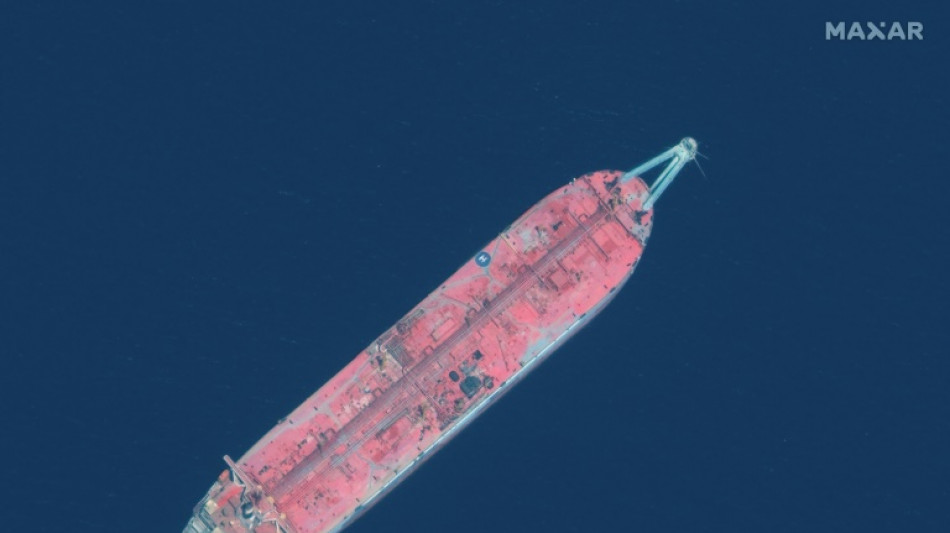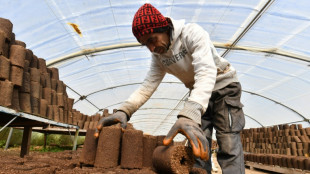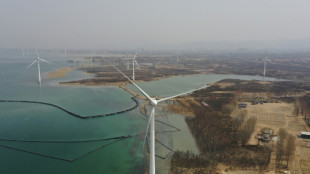

Yemen rebels back UN proposal for abandoned oil tanker
Yemen's Huthi rebels have signed a UN agreement hoped to help stop a rusting oil tanker in the Red Sea becoming an ecological and humanitarian catastrophe, officials said Monday.
The 45-year-old FSO Safer, long used as a floating oil storage platform with 1.1 million barrels of crude on board, has been moored off Yemen's western Red Sea port of Hodeida since 2015, without being serviced.
Huthi leaders and David Gressly, the UN humanitarian coordinator for war-torn Yemen, signed a "memorandum of understanding" on a "framework for cooperation on the UN-coordinated proposal to resolve the threat posed by the FSO Safer," UN spokesman Russell Geekie said.
The UN proposal includes pumping the toxic cargo from the tanker to another ship, but remains dependent on raising donor cash to fund the work.
The UN has said an oil spill could destroy ecosystems, shut down the fishing industry and close Yemen's lifeline Hodeida port for six months.
"The MoU... would include a short-term solution to eliminate the immediate threat by moving the million barrels of oil aboard the Safer to an oil tanker, as well as a long-term solution," Geekie said.
The agreement was signed on Saturday, he said.
Senior Huthi official Mohammed Ali al-Huthi said Sunday that he hoped that work will be able "to avoid a disaster".
Apart from corrosion to the ageing hull, essential work on reducing explosive gases in the storage tanks has been neglected for years.
Greenpeace has warned the vessel could "explode at any moment".
Independent studies show it could expose more than 8.4 million Yemenis to heightened pollution.
Maritime traffic and coastal countries including Djibouti, Eritrea and Saudi Arabia could also be affected.
Yemen's civil war broke out in 2014 when the Huthis seized the capital Sanaa, prompting a Saudi-led military coalition to intervene the following year to prop up the internationally recognised government.
Hundreds of thousands of people have been killed directly or indirectly in the conflict, while millions have been displaced in what the UN calls the world's biggest humanitarian crisis.
Y.Simon--JdB



